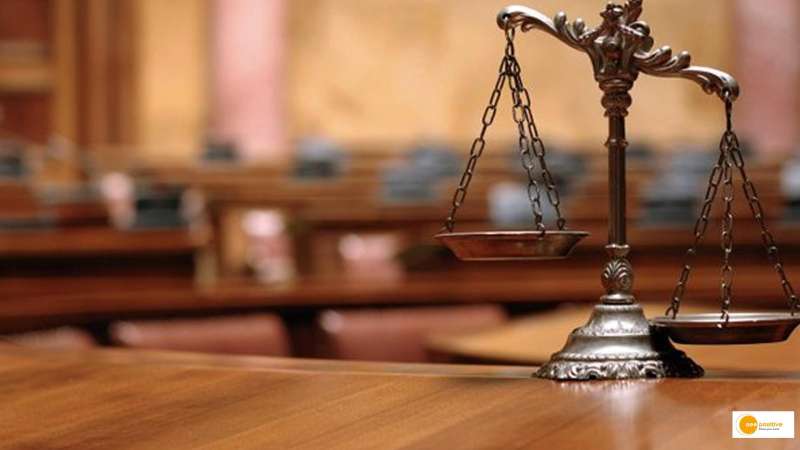

As societal issues arise in India, different societies across the nation are taking unique initiatives to resolve them. One of the ways is by forming empowered committees
comprising of experts, social workers, lawyers, police officers, and retired high court justices. These committees assist members in resolving disputes, be it between family members or in government offices.
Helplines for Youth and Students
In addition to the empowered committees, many societies and organizations have set up helplines to assist the youth and students. These helplines provide guidance and support during difficult situations and offer advice to overcome challenges.
Examples of Societal Committees
The Chhattisgarhi Agarwal Samaj has formed an empowered committee to investigate the current status of properties donated by ancestors. The Maharashtra Circle has enlisted the help of experts from different fields, including former and present IAS and IPS officers, to provide assistance to members. The Hardiha Shahu Samaj has created a committee of elderly members to resolve disputes, with lawyers and police personnel providing their services.
Resolving Domestic Violence
Many societal disputes involve domestic violence, which is a severe issue in India. The Dhobi Samaj has established a committee to address such cases, where officials of the society listen to both parties and find a solution. Nyay Panchayats are also organized at the village, tehsil, district, and state levels to resolve disputes.
Youth Teams and Elder Committees
Some societies have formed teams of youths to assist members in navigating government offices and a separate committee of elders to resolve disputes. Members of the Brahmin Society can contact the state president for guidance during difficult times, and senior members of the Sarva Brahmin Samaj help with issues related to government offices. The Gada Samaj has a team of elders to settle disputes and a team of youths to assist members in resolving problems.
Conclusion
Societal committees in India are taking significant strides in resolving disputes, be it in families or government offices. With the help of experts, social workers, lawyers, police officers, and retired high court justices, these committees are empowering members to navigate challenging situations and find solutions.


